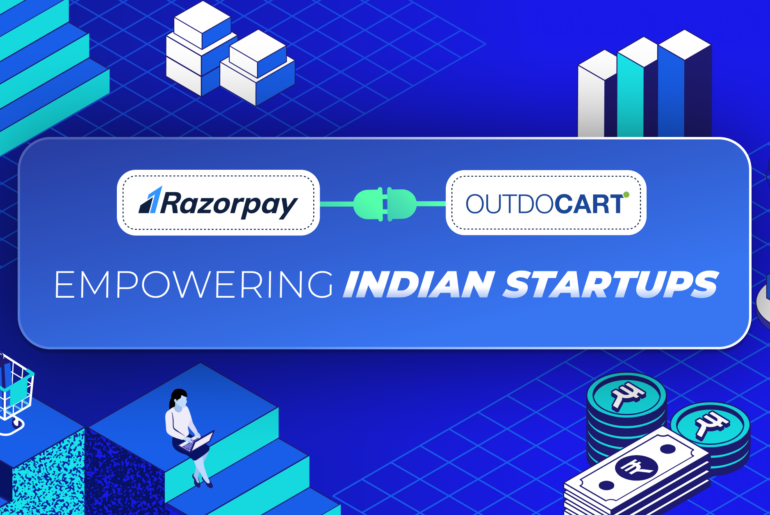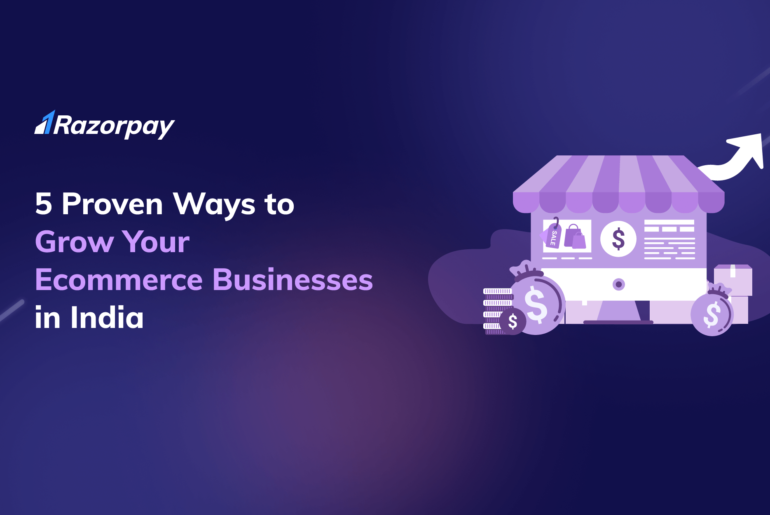“We need to get to the first page of Google search results, while emailing our customers a weekly newsletter, engaging influencers on Twitter, maintaining a captive Facebook audience, capturing new leads via LinkedIn, and putting out 3 blog posts a week.” Harsh? Yes. Familiar? Definitely.
Startups and entrepreneurs are usually troubled with this one question, how to maximise returns without compromising on quality. It’s a fine line and it’s not one that every entrepreneur understands.
On one end you’re told that you won’t make it until your consumers are informed about your existing products and services .
On the other end you don’t have a large budget. Somewhere in the middle, there is a sweet spot that will let you reach a large audience with a small budget. This is where social media comes into play. No matter what your business is or who your customers are, social media platforms will allow you to reach a large audience with the click of a button
State of Social Media
If you’re looking for concrete proof why social media makes sense for your startup, it can certainly be found in the numbers. Just consider the fact that Facebook is now responsible for a whopping 15.8 percent of total time spent on the internet. Take a look at these statistics curated by bam.com
Companies that invest in social media advertising are more than twice as likely to say that social media marketing is “very effective” for their business.
78% marketers believe social media marketing to be the most effective marketing tool.
We even conducted a poll on the Razorpay’s Facebook page to see which medium was preferred more.

There’s no doubt that social media has a strong foundation and is essential for continued long-term growth. The question startups should be left asking is, “How can we maximize our potential with social media?” or “Where do we start?”
Begin with a Social Media Strategy
As an early stage startup or an entrepreneur you definitely understand the value of planning and strategizing
Start by figuring out what type of brand you want to be seen as. Do you want to voice a straightforward, get-to-the-point kind of approach or a more easy-going friendly feel? Whichever defines your company, that’s the approach you should take when building your social media strategy.
Consumers want consistency and can sniff out businesses that aren’t sure of what they want.
What are your Social Media Goals?
Define your social media goals, what do you plan on getting out of this? While its recommended to focus on growth in all areas of business, as a startup you can start with any two of these.
Brand Awareness: Social media can be used to drive your brand awareness, this can happen over engagement, posts, and product promotions.
Distribution of Content: If you churn out unique and engaging content, there are chances that people will share, and talk about your brand. Use social media to distribute and disseminate content.
Customer Acquisition: The best case scenario is that your social media profiles raise brand awareness, your content generates leads, and leads help acquisition of new customers. If you can use social media as a customer acquisition tool, you’ve officially maximized its value.
Choose Your Social Media Platforms
We recommend you choose these platforms for maximum optimisation, especially when you’re starting up.
Facebook: Hands down the largest social media platform on the internet, Facebook has at least 2.2 billion monthly active users. For ultimate mass reach this is your go to platform and the best place to start.
Sign up your business on Facebook, and you’re good to go! There are a few things you have to follow while signing up as a business on Facebook. Once you sign up on Facebook use this platform extensively. Facebook messenger can be integrated into your customer support chats and you can their address concerns as and when they come.
Twitter: It’s of utmost importance to make sure the executives of your company are active on Twitter. Twitter is a powerful platform and can be used for one-on-one customer engagement and thought leadership.
Your brand should have an official twitter page as well see to it to personally thank customers, repost anything that mentions your company positively and get first hand access to user queries, concerns and requirements.
LinkedIn: For B2B startups and companies looking to find business partners, LinkedIn is extremely valuable. It’s a more professional social network and serves the purpose of facilitating global networking
Youtube: As a B2B or B2C company this platform can gives you the opportunity to distribute engaging videos to millions of users. By investing in high-quality videos that are intriguing and engaging, you can begin to facilitate conversation and effectively cross-market your brand by sharing content on other platforms.
Full disclosure, creating high quality videos isn’t easy and comes with a lot of requirements.
Instagram: Not very popular when it comes to business using this platform but Instagram can be a very handy tool when it comes to promoting your catalog.
It you’re a Travel, Lifestyle or Food brand, instagram will be your best friend. Instagram has launched a plethora of business tools and here’s how you can convert your personal instagram profile to a business profile
Now that you’ve created all your Social media profiles, what’s next? In the next part we’ll talk about how to use these profiles for engagement.



